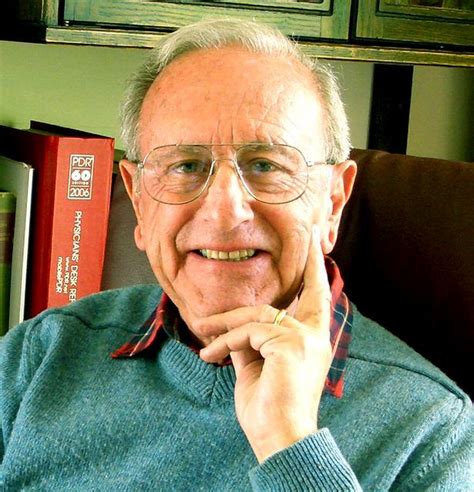A Quote by Albert Einstein
The theoretical idea ... does not arise apart from and independent of experience; nor can it be derived from experience by a purely logical procedure. It is produced by a creative act. Once a theoretical idea has been acquired, one does well to hold fast to it until it leads to an untenable conclusion.
Related Quotes
There are two modes of acquiring knowledge, namely by reasoning and experience. Reasoning draws a conclusion and makes us grant the conclusion, but does not make the conclusion certain, nor does it remove doubt so that the mind may rest on the intuition of truth, unless the mind discovers it by the path of experience.
The idea of buddha mind is not purely a concept or a theoretical, metaphysical idea. It is something extremely real that we can experience ourselves. In fact, it is the ego that feels that we have an ego. It is ego that tells us, My ego is bothering me. I feel very self-conscious about having to be me. I feel that I have a tremendous burden in me, and I wonder what the best way to get rid of it is. Yet all those expressions of restlessness that keep coming out of us are the expression of buddha nature: the expression of our unborn, unobstructed, and nondwelling nature.
One advantage of exhibiting a hierarchy of systems in this way is that it gives us some idea of the present gaps in both theoretical and empirical knowledge. Adequate theoretical models extend up to about the fourth level, and not much beyond. Empirical knowledge is deficient at practically all levels.
The fear of speculation, the ostensible rush from the theoretical to the practical, brings about the same shallowness in action that it does in knowledge. It is by studying a strictly theoretical philosophy that we become most acquainted with Ideas, and only Ideas provide action with vigour and ethical meaning.
Friedrich Hayek .. seems to have been the first to postulate what is the core of this paper, namely, the idea of memory and perception represented in widely distributed networks of interconnected cortical cells. Subsequently this idea has received theoretical support, however tangential, from the fields of cognitive psychology, connectionism and artificial intelligence. Empirically, it is well supported by the physiological study and neuroimaging of working memory.
So far I have been speaking of theoretical science, which is an attempt to understand the world. Practical science, which is an attempt to change the world, has been important from the first, and has continually increased in importance, until it has almost ousted theoretical science from men's thoughts.
So much of your present experience is based on your previous thought. Thought leads to experience, which leads to thought, which leads to experience. This can produce constant joy when the Sponsoring Thought is joyous. It can, and does, produce continual hell when the Sponsoring Thought is hellatious.
The hardest part about gaining any new idea is sweeping out the false idea occupying that niche. As long as that niche is occupied, evidence and proof and logical demonstration get nowhere. But once the niche is emptied of the wrong idea that has been filling it:; once you can honestly say, "I don't know", then it becomes possible to get at the truth.




































